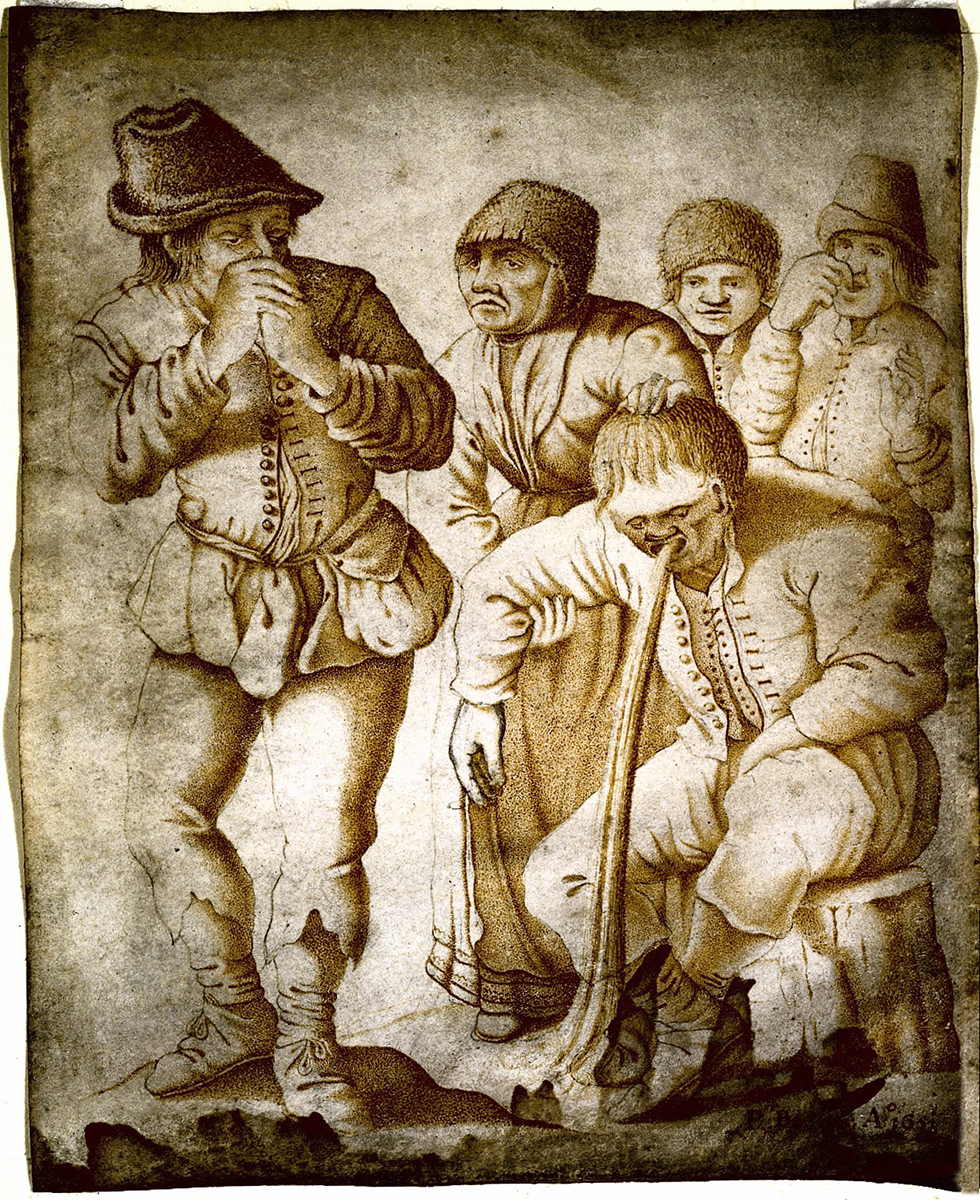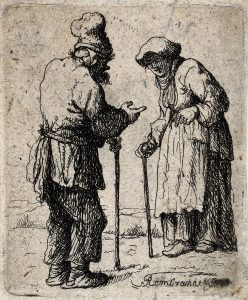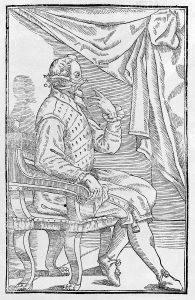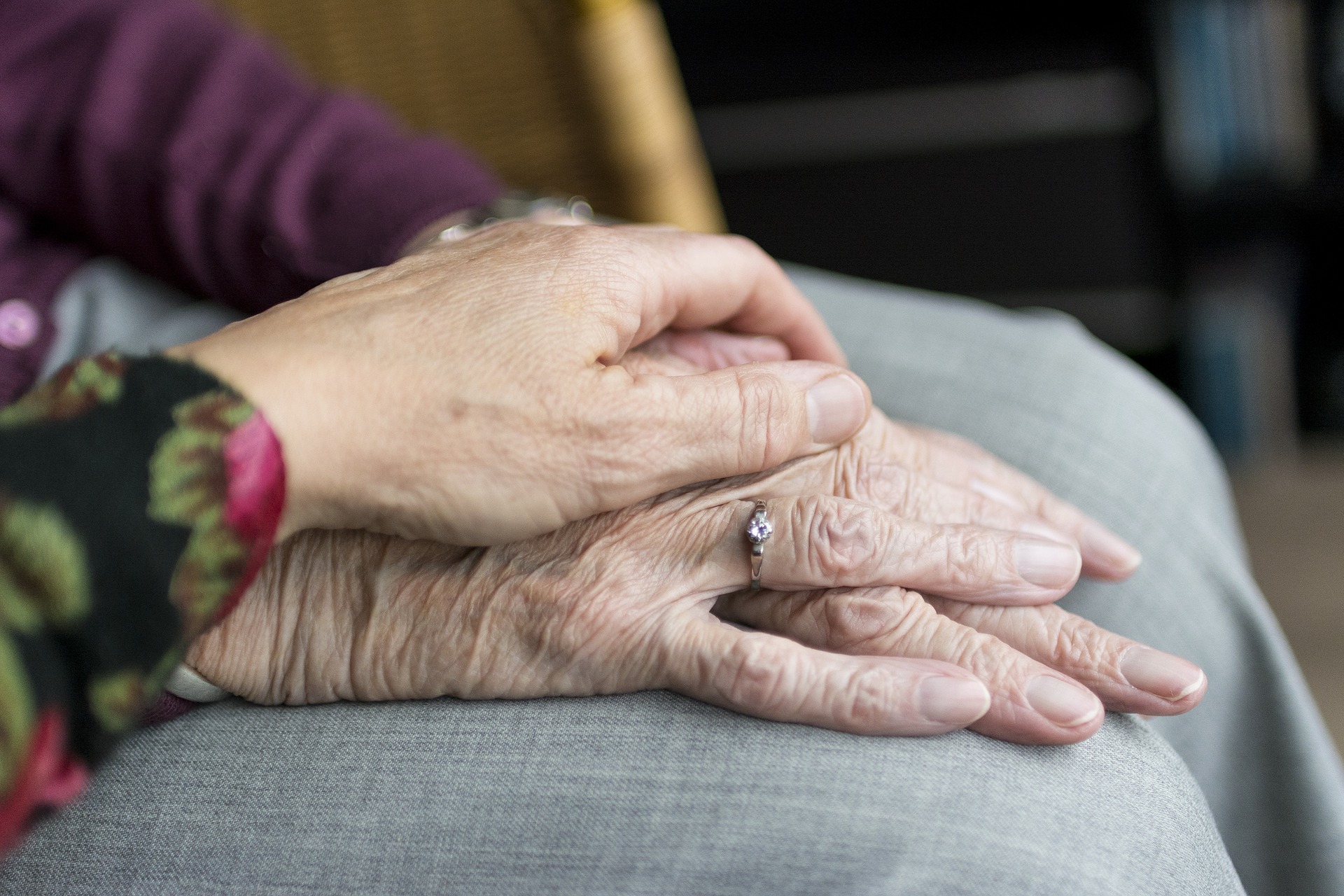Current Projects
‘What think you of a wound?’: wounding oneself in early modern England
Alanna Skuse (English)
Wellcome Trust University Award, c.£240,000 (2019-2024)
People in early modern England hurt themselves surprisingly often and in a variety of ways. In literature and in real life, they stabbed, cut, or castrated themselves, tore out their hair and even bit off their tongues. This project explores why people acted in this way and how they were viewed by others. Before self-harm became a pathology, I argue, self-wounding was a persuasive strategy, a means of political resistance, and a way to manage one’s emotions.
This project will be connected to a series of creative workshops with people who self-harm, their loved ones, and service providers, linking in turn to an exhibition connecting their experiences to those represented in early modern texts.
Sensing Sickness in Early Modern England
Hannah Newton (History)
Wellcome Trust University Lectureship Award (2016-2021), £237,968
Sensing Sickness is an investigation into what it was like to be ill, or to witness the illness of a loved one, in early modern England, c.1580-1720. Taking a brand new, sensory approach, the project asks how the five senses were affected by serious disease and treatment, and uncovers the sights, sounds, smells, tastes, and tactile sensations of the early modern sickchamber. Two further initiatives are connected to this project: a two-day conference on the theme of ‘Disease & Ease, 1500-1800’, to be held in July 2020 at the University of Reading, and a series of medical history workshops for children and adults, ‘Sickly Smells & Putrid Potions’.

P Boone, 'Allegory of the Senses' (Smell)
A man vomits, while those around him hold their noses
Credit: Wellcome Collection / CC BY
The Aged Patient in Early Modern England
Amie Bolissian Mcrae (History), PhD student
Wellcome PhD Studentship (2018-2021), £94,311
Supervisors: Hannah Newton and Helen Parish
This project investigates the impact of illness and infirmity on the lives of older people and their families in England, c.1570-1730, revealing the hitherto unnoticed importance of state of health in definitions and experiences of old age. Amie’s project has modern-day relevance, and she is organising events for carers and older people at retirement villages across the UK.

Rembrandt, Etching of an old man and old woman conversing, c.1630
Credit: Wellcome Collection / CC BY
Completed Projects

Architecture of Pharmacies: Co-designing Pharmacy Spaces
Ranjita Dhital (Pharmacy Practice), Principal Investigator
Leverhulme Fellowship (2018-2020), £44,972
Architecture of Pharmacies is an interdisciplinary arts-based research project which aims to understand how the physical and social spaces within community pharmacies are experienced by pharmacy service users and staff. This study will examine how the architecture of pharmacies may effect engagement with current and future pharmacy health services, and co-produce a community pharmacy design guide which could be evaluated in future research.
The community pharmacy is the most accessed health space in the UK and many other countries. However, we currently do not know what effects, for example, a small and cluttered pharmacy consultation room, pharmacy counter, shop floor or dispensary could have on pharmacy patients and staff. The community pharmacy profession has experienced significant developments over the years; however, spaces where these new pharmacy services are delivered have not been examined. What could this mean for pharmacy patients and staff? My study will investigate these questions by applying Experience-based Co-design (EBCD) and Photovoice methods to explore how community pharmacy spaces are experienced and how they could be optimised to engage patients with their treatment and support their wellbeing.
Collaborators: Professor Glenn Robert (King’s College London); Dr Jacqueline Sin (Psychology, UoR) and Dr Carolina Vasilikou (Architecture, UoR).
Publication
Dhital, R., Robert, G., Vasilikou, C., Gheerawo, R. and Sin, J., (2018) Systematic review on the effects of the physical and social aspects of the community pharmacy environment on pharmacy patients’ and staffs’ engagement with pharmacy health services. PROSPERO, UK
Selfhood and the Surgically Altered Body in Early Modern England
Alanna Skuse (English Literature), Principal Investigator
Wellcome Trust Postdoctoral Fellowship (2016-2019), £146,338
Consultants: Michelle O’Callaghan and Andrew Mangham
This project investigates experiences and perceptions of the surgically altered body, a category which included amputees, mastectomy survivors, and castrate men. Using a wide range of sources, from drama to medical texts, Dr Skuse argues that the altered body was a ‘tool for thought’, which provoked discussion about what was ‘normal’ and ‘natural’. The project involves public engagement events, including ‘The Body Hacked’, and ‘My Voice, My Instrument’.

Plastic Surgery on the Nose, 16th century
Credit: Wellcome Collection / CC BY
Stories of Ageing: Patient Experience and Patient Care
Andrew Mangham (English Literature), Principal Investigator; Margot Gosney (Royal Berkshire Hospital NHS Trust), Co-Investigator; Kate Mattacks (Health Humanities), Research Assistant
Collaborative Innovation Fund, £22,791
Two major challenges that face geriatric medicine at present are: (1) the range of challenging behaviours exhibited by patients due to cognitive issues and boredom, and (2) the lack of qualified interest in the speciality of elderly care. What this projects suggests is that there is a great deal to be gained from looking to the humanities, particularly to the use and understanding of stories within a healthcare setting, for ways of improving both the reputation of geriatric medicine and for assisting in the treatment of elderly, frail, and palliative-care patients. While research and teaching has taken place recently into ‘bibliotheraphy’ and ‘narrative medicine’, such activity has tended to be ahistorical in nature – books have been pulled off shelves and read to patients with little or no historical contextualisation. Looking to the archives available to us locally, we intend to expand on the Centre for Health Humanities’s strengths in historicist and literary research in order to explore how stories told by, and to, patients are connected to certain objects and texts, and how these associations can be used as the basis for a better understanding of the distinctive needs and pressures of EC medicine.

Information Design and Architecture in Persuasive Pharmacy Space: Combating Anti-microbial Resistance
Sue Walker (Typography), Principal Investigator; Rosemary Lim (Pharmacy), Co-Investigator
Arts and Humanities Research Council, £200,000
Other Co-Investigators: Flora Samuel (Architecture); Sue Hignett (Loughborough University)

